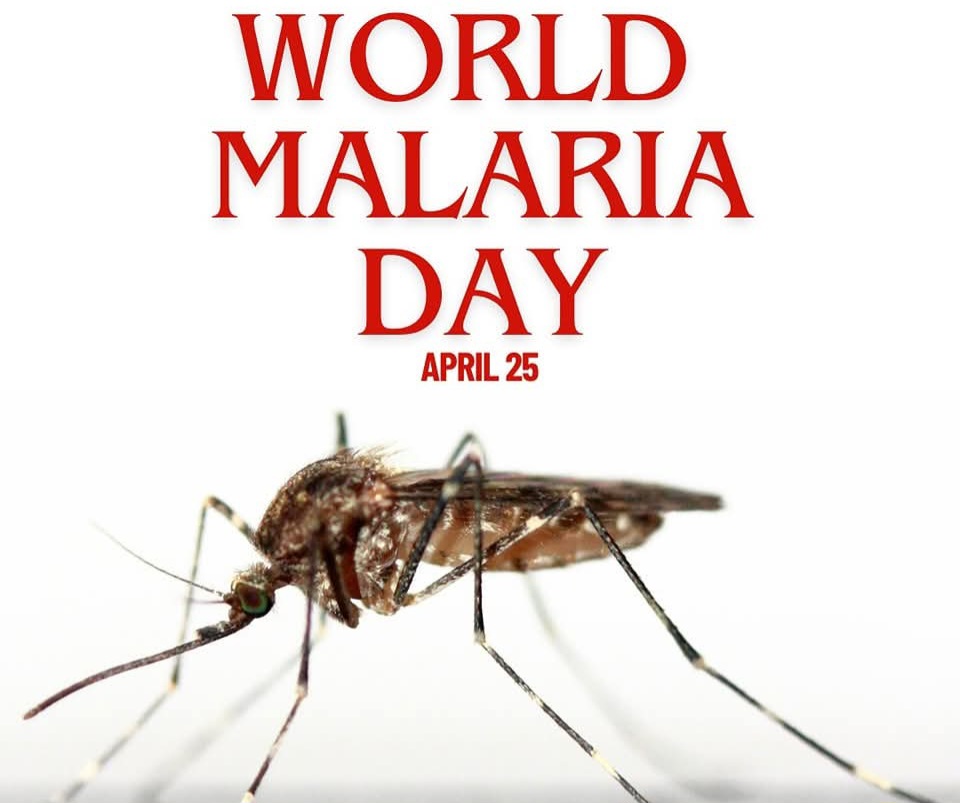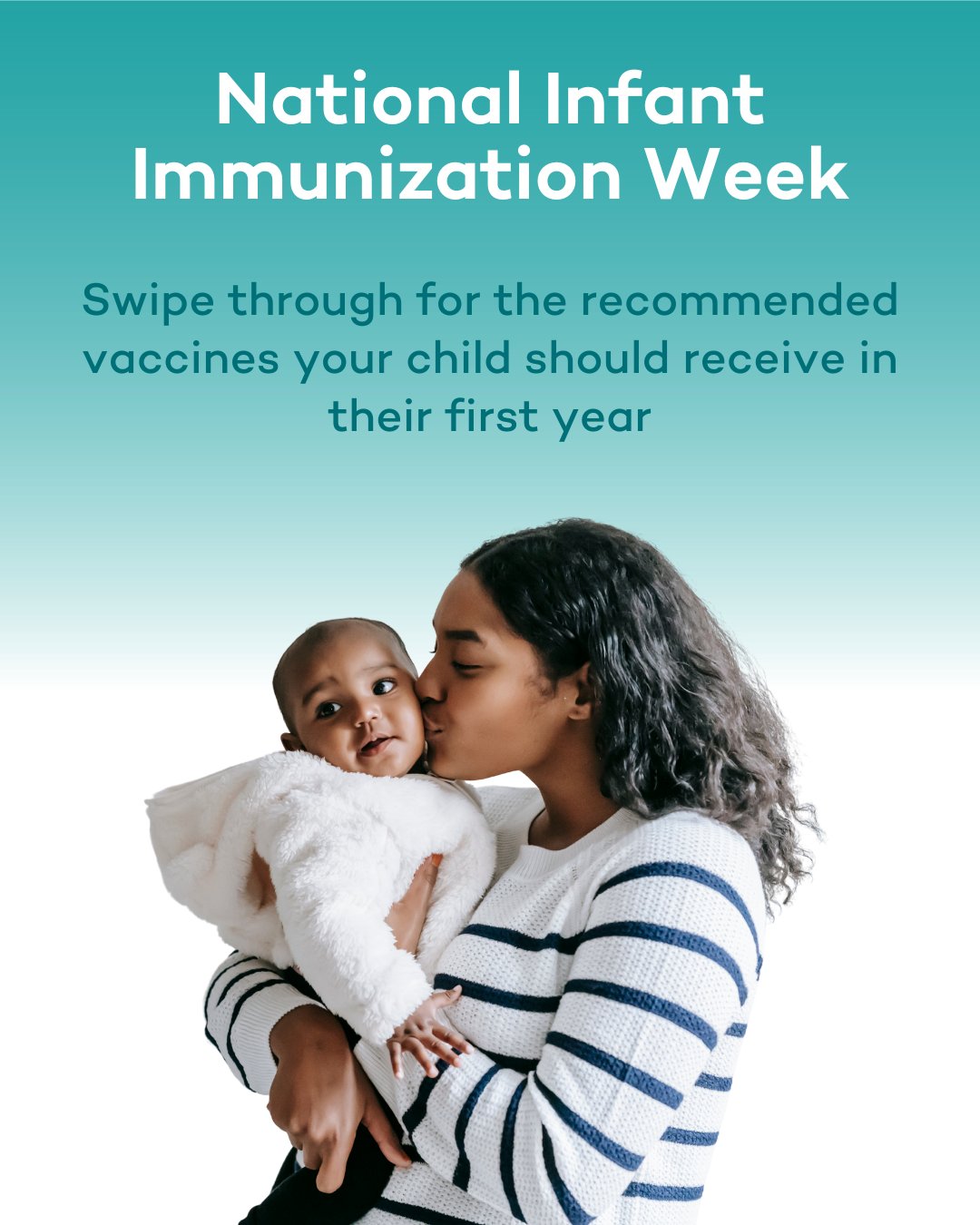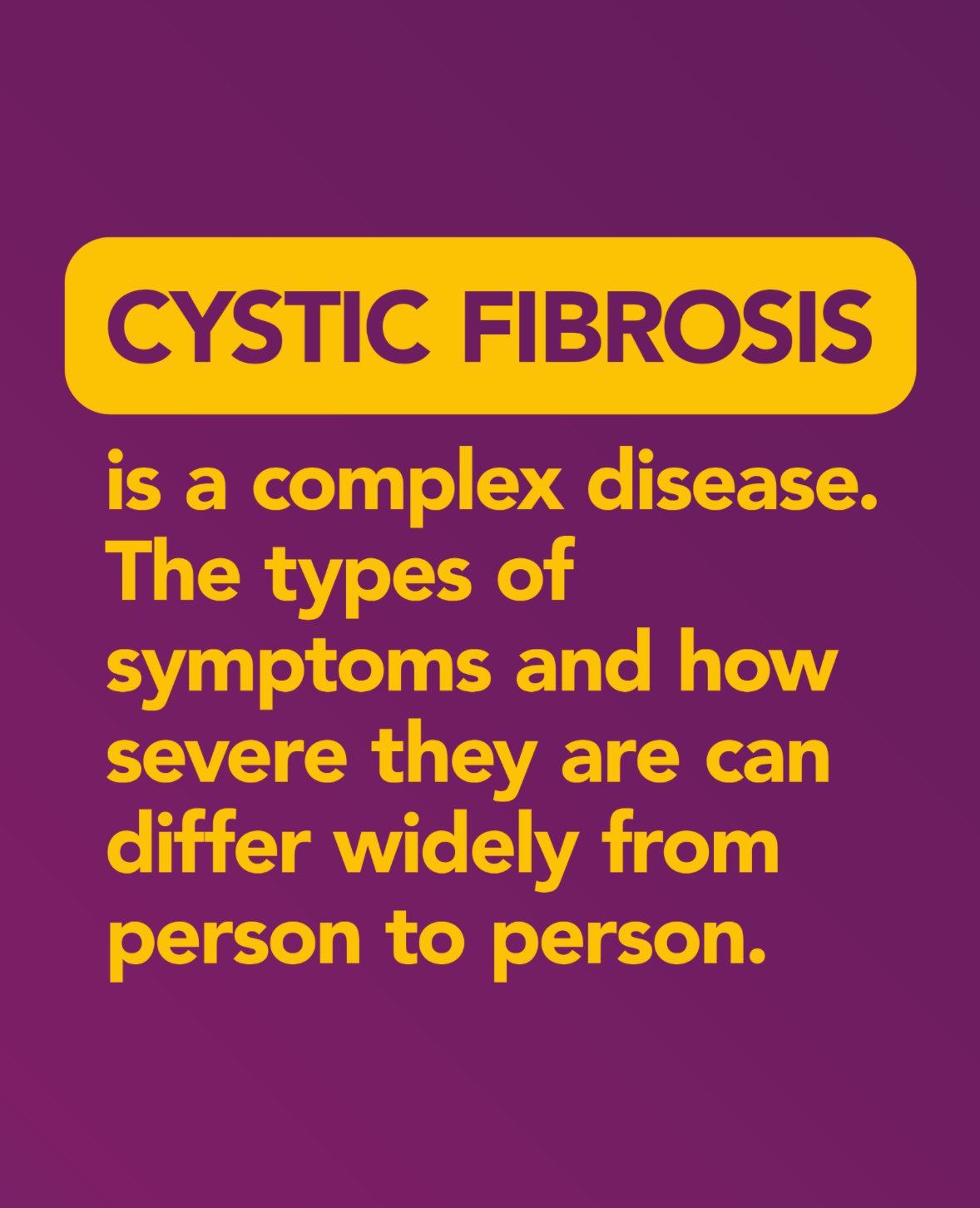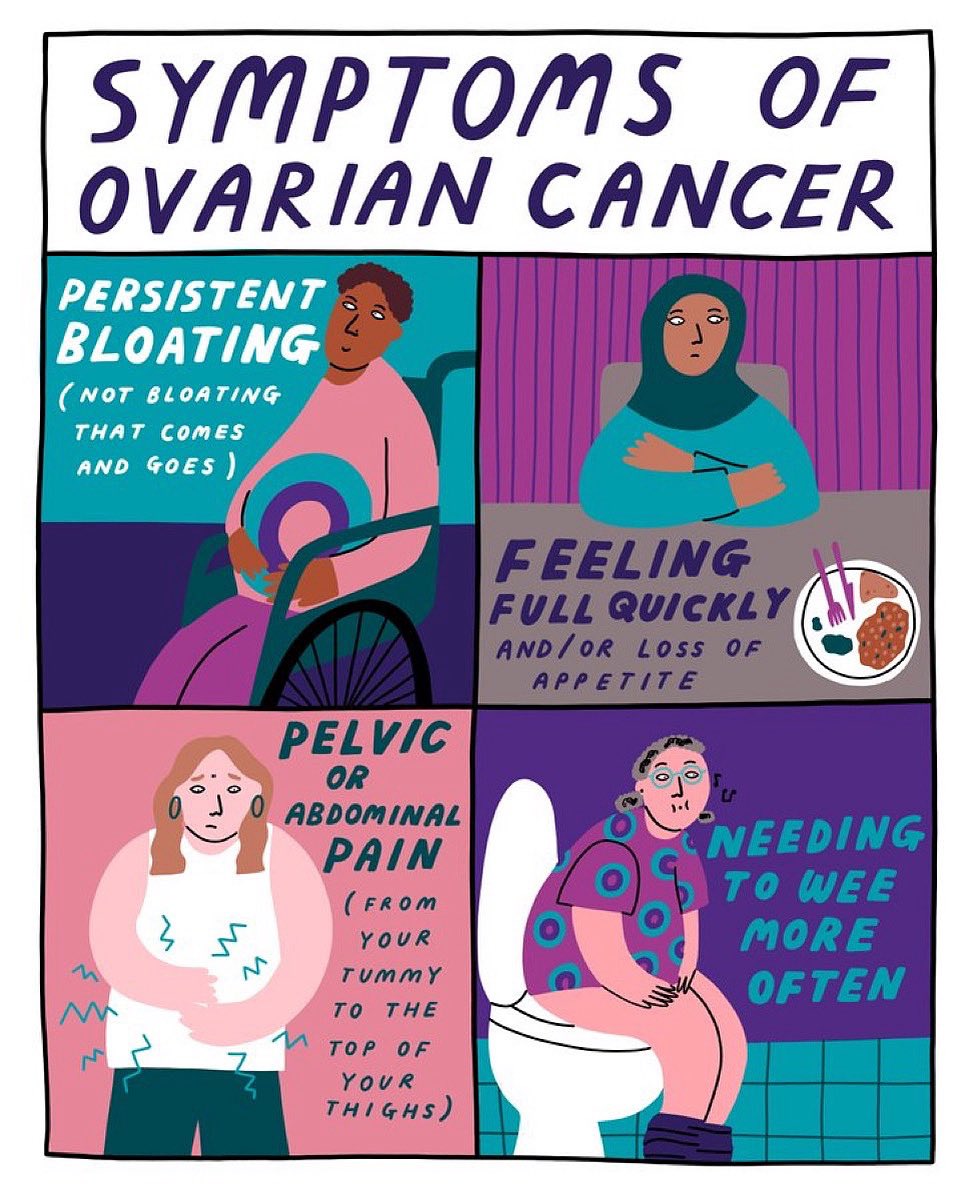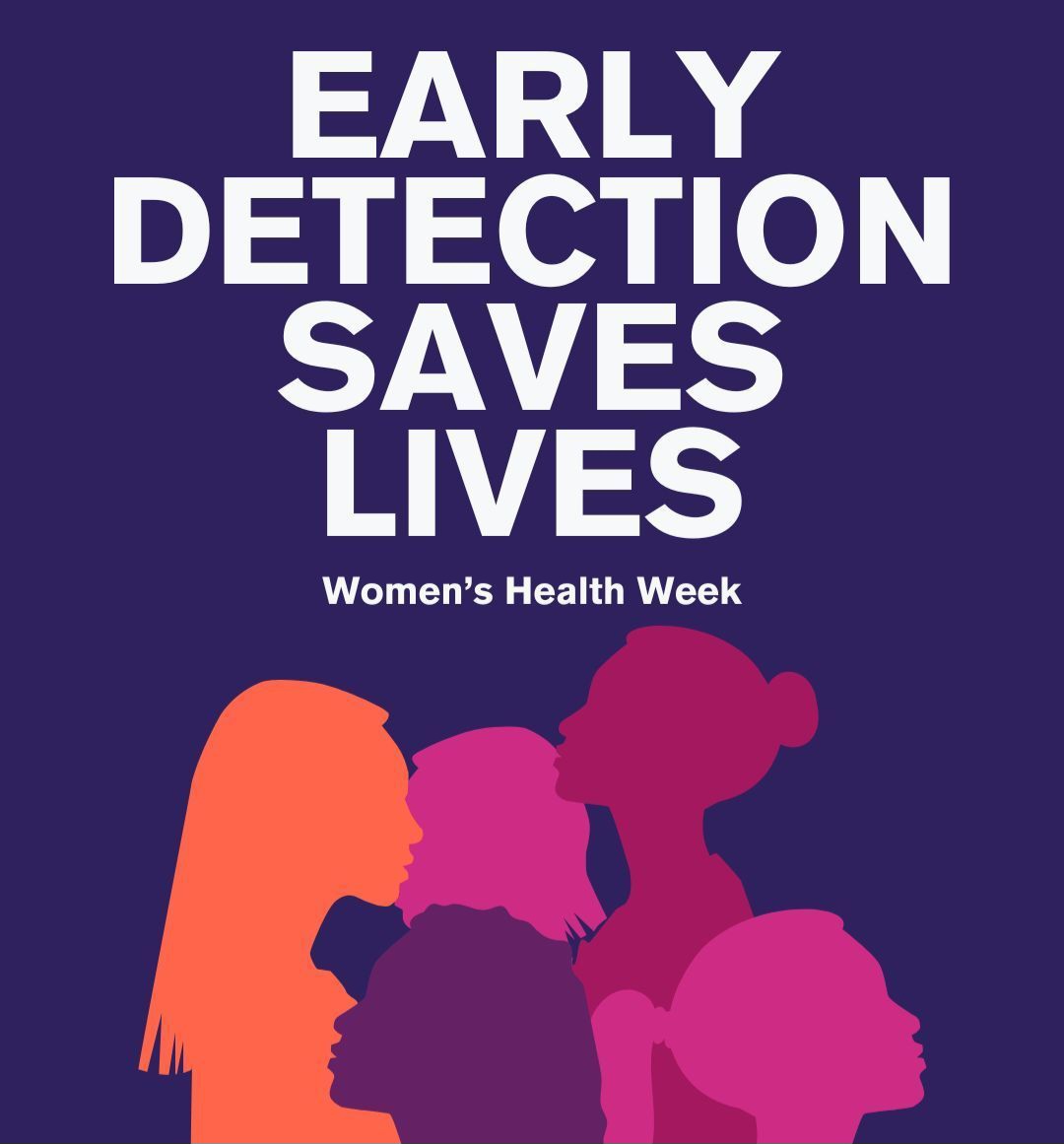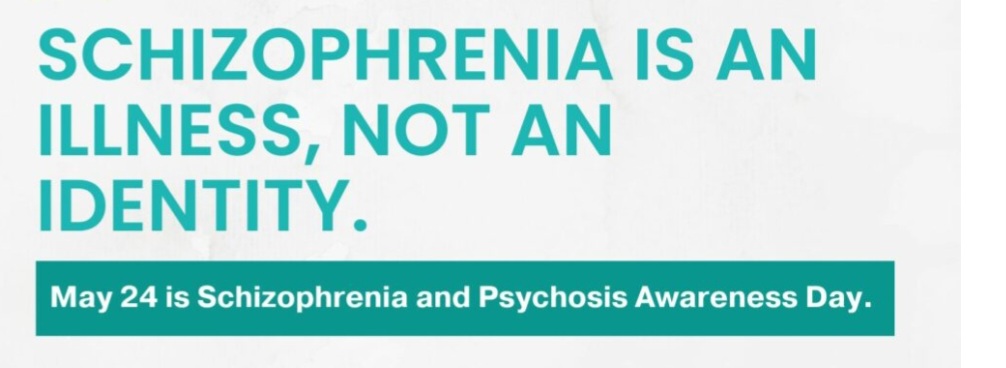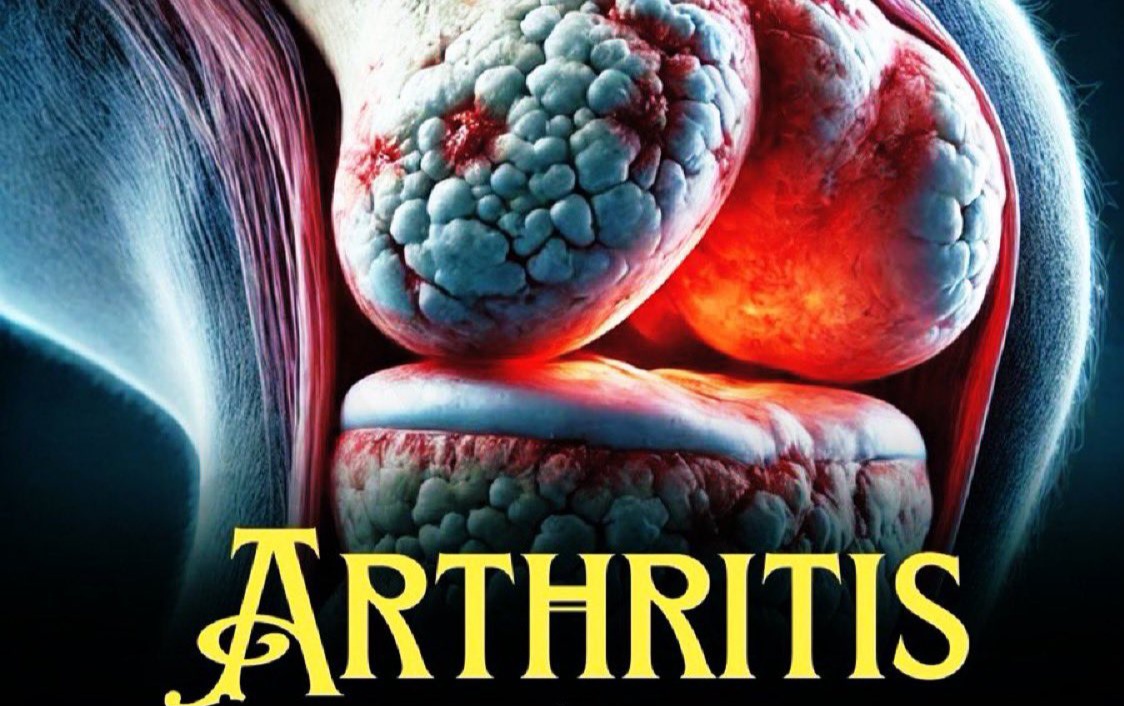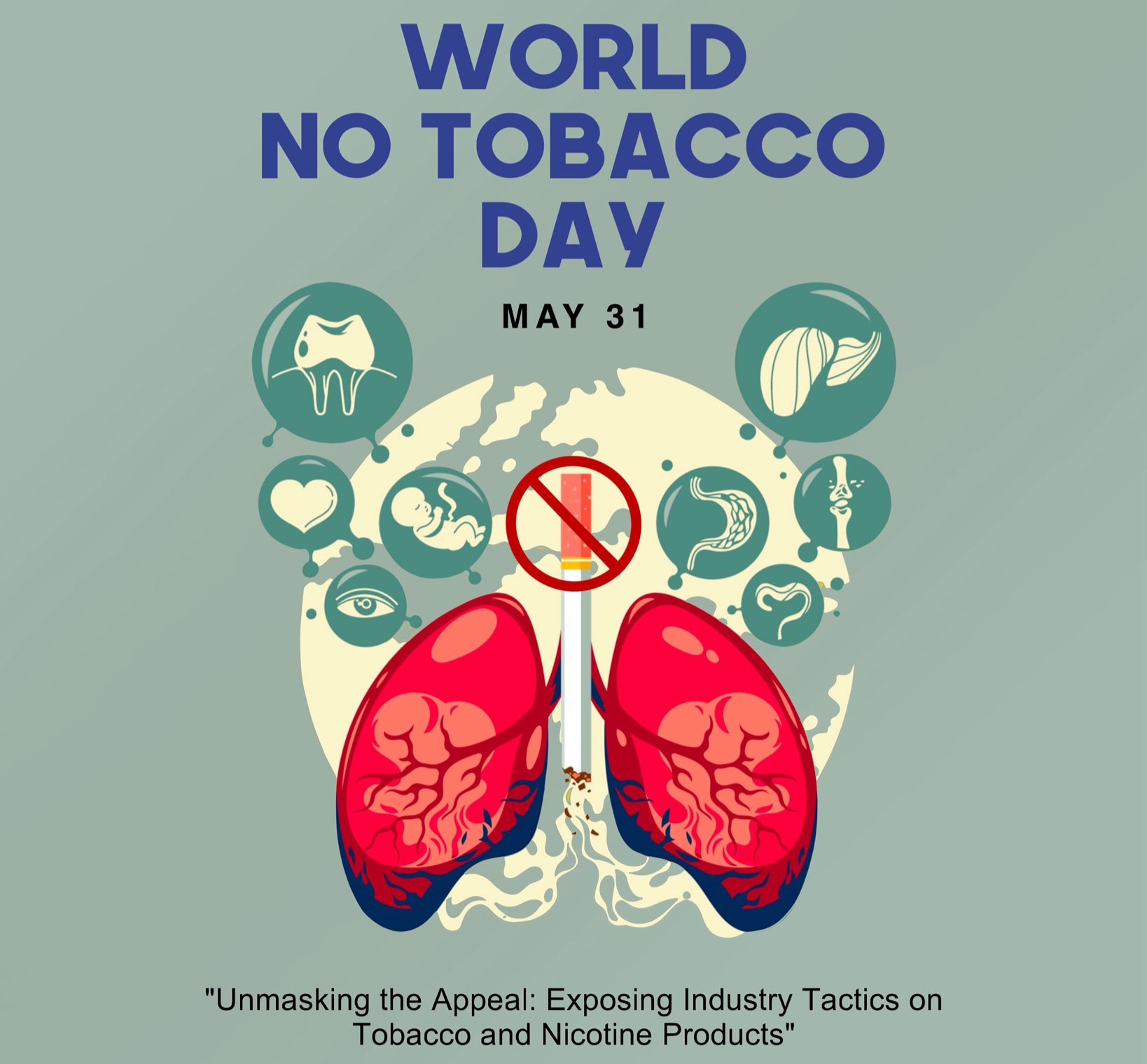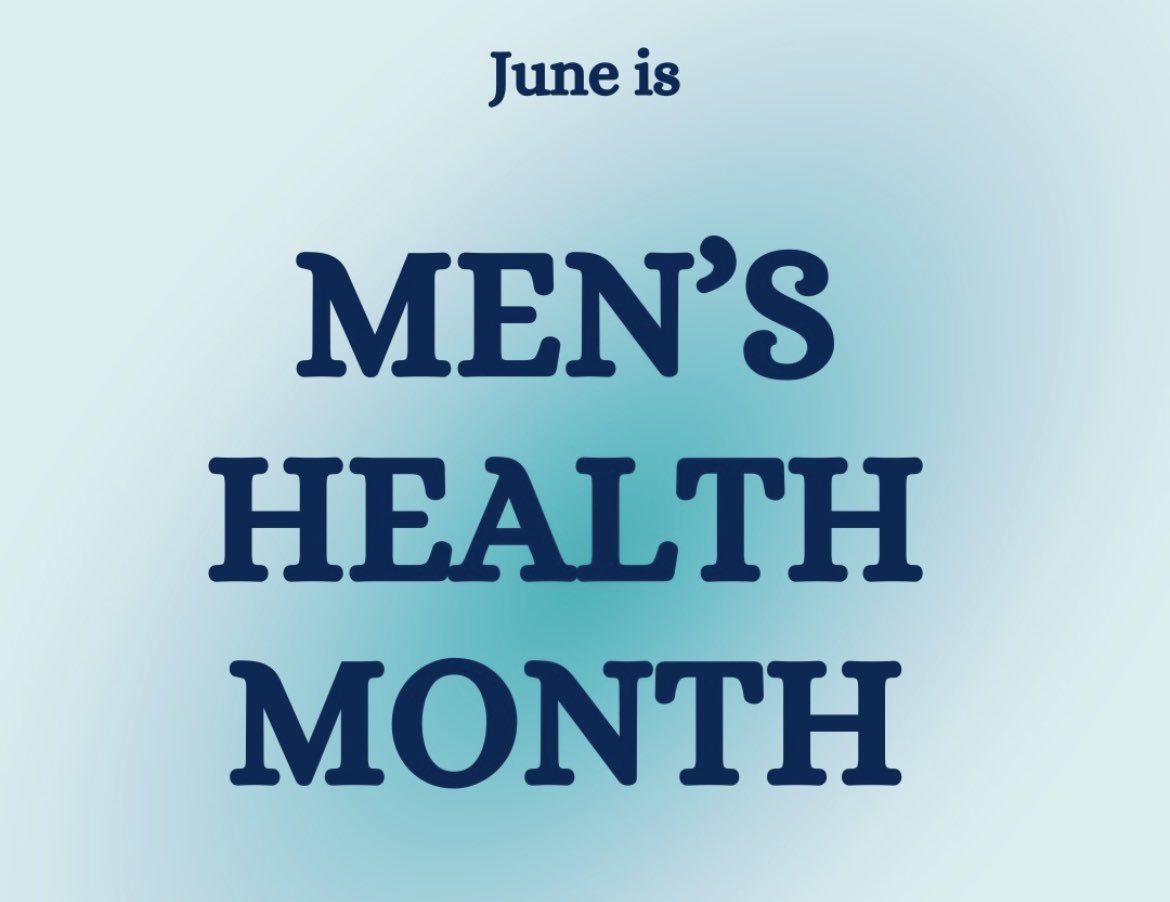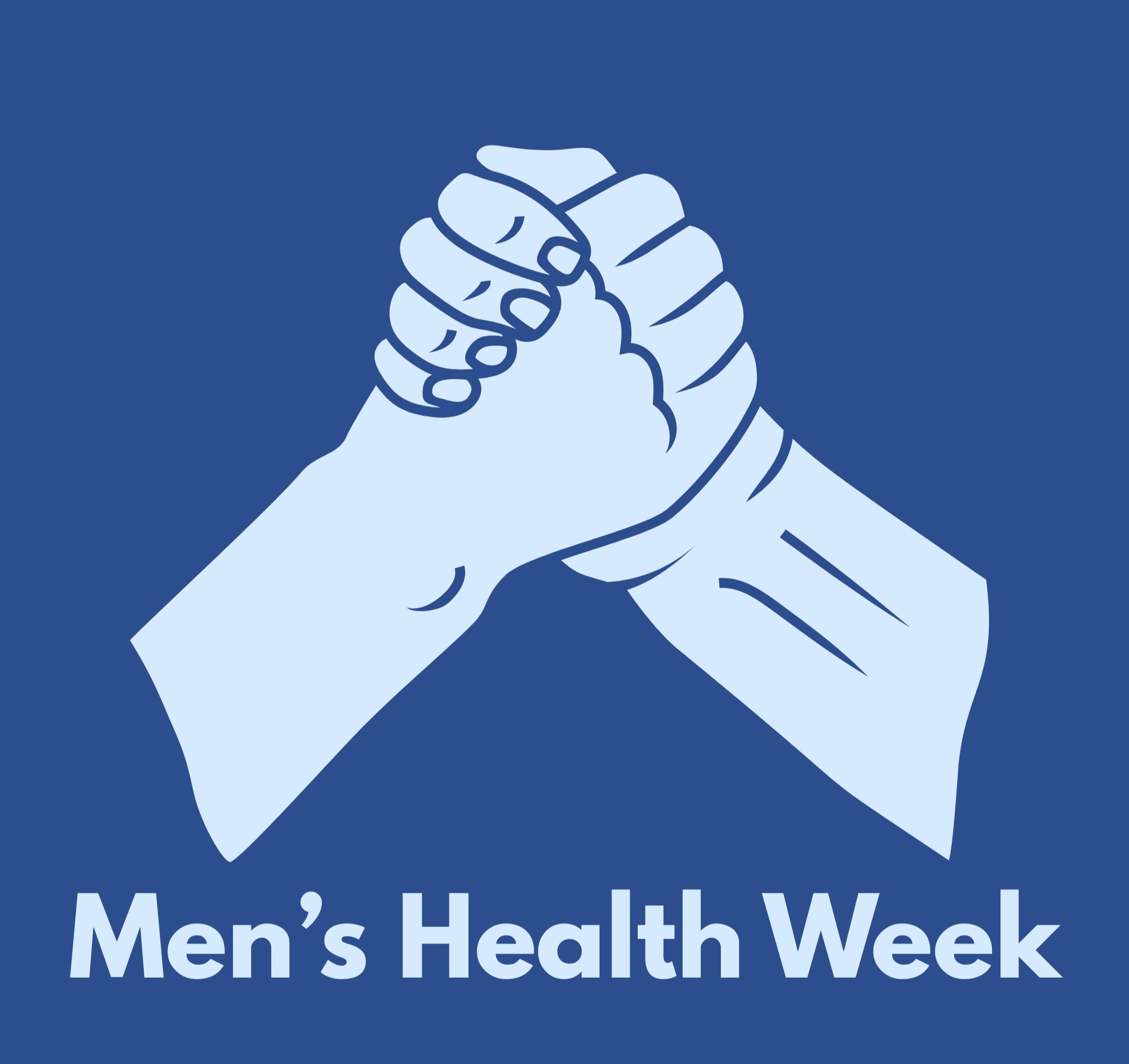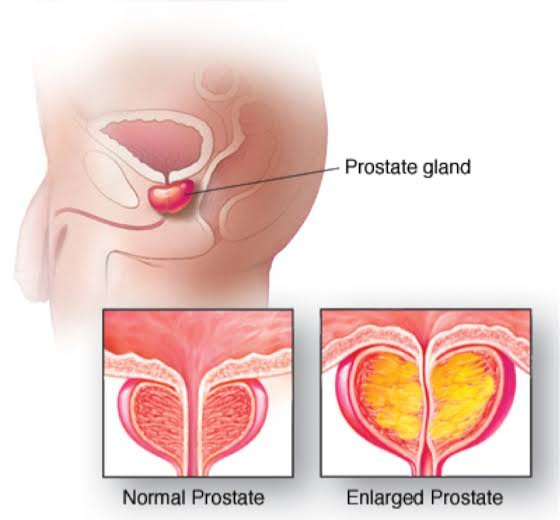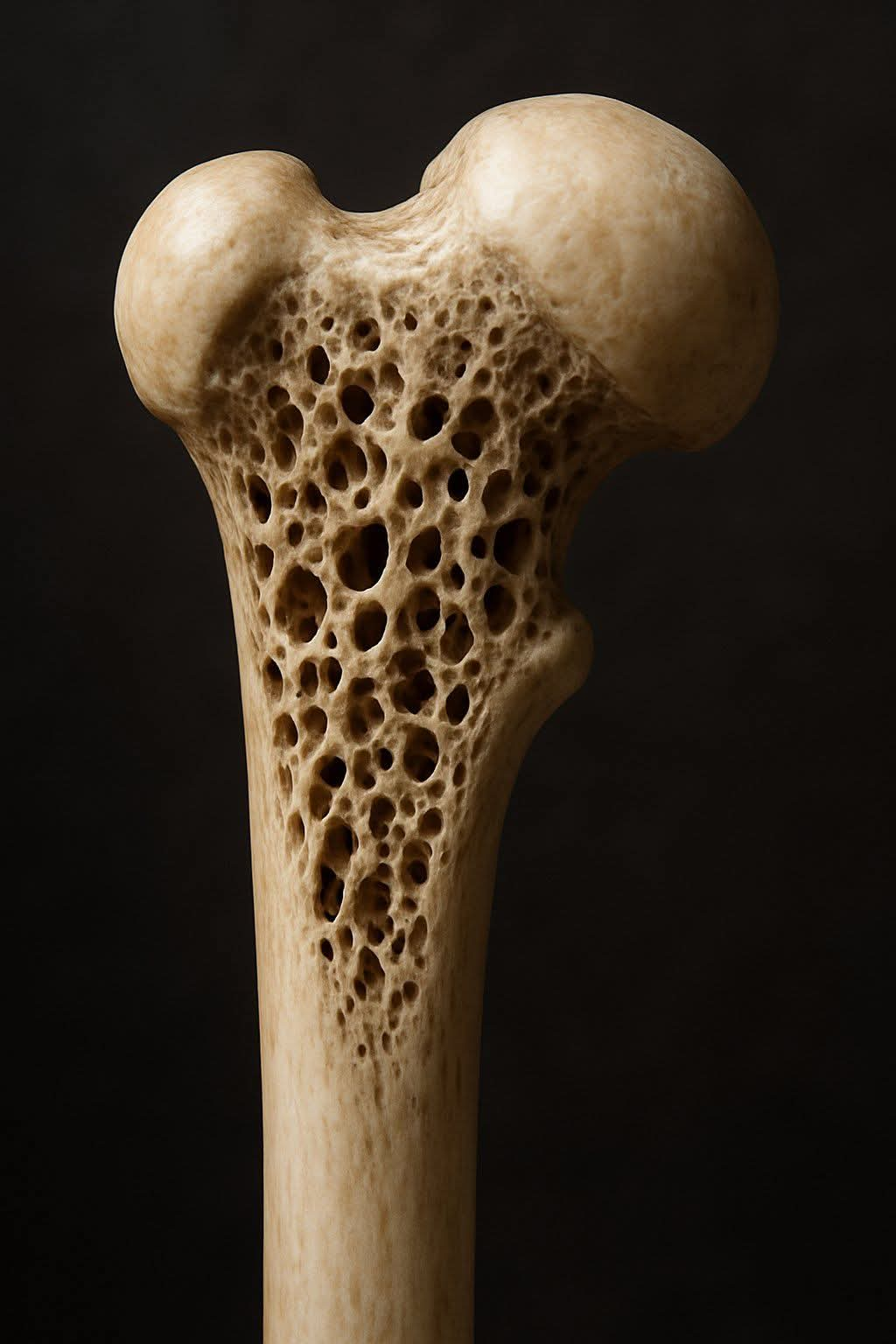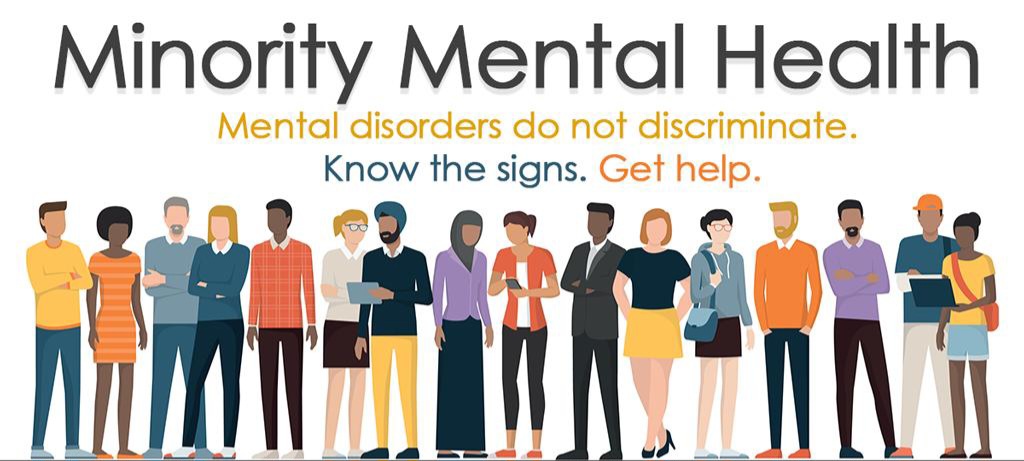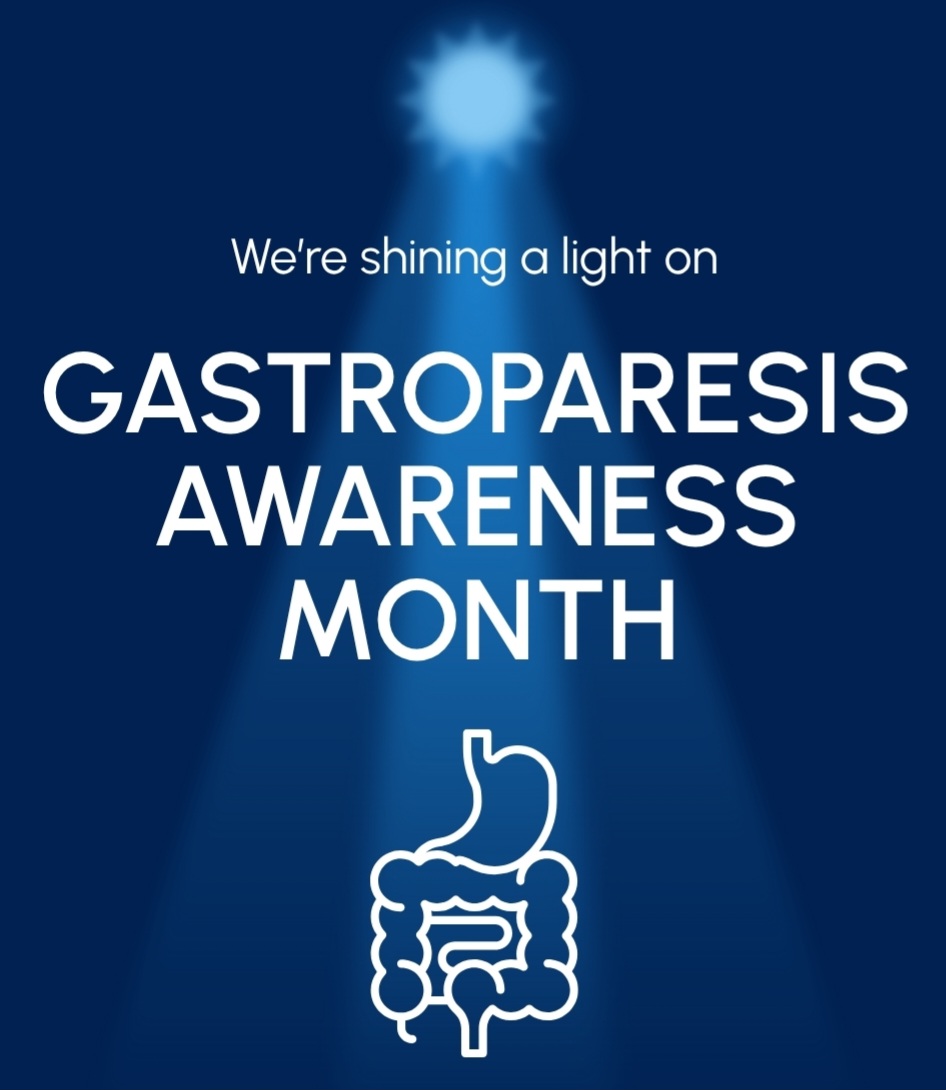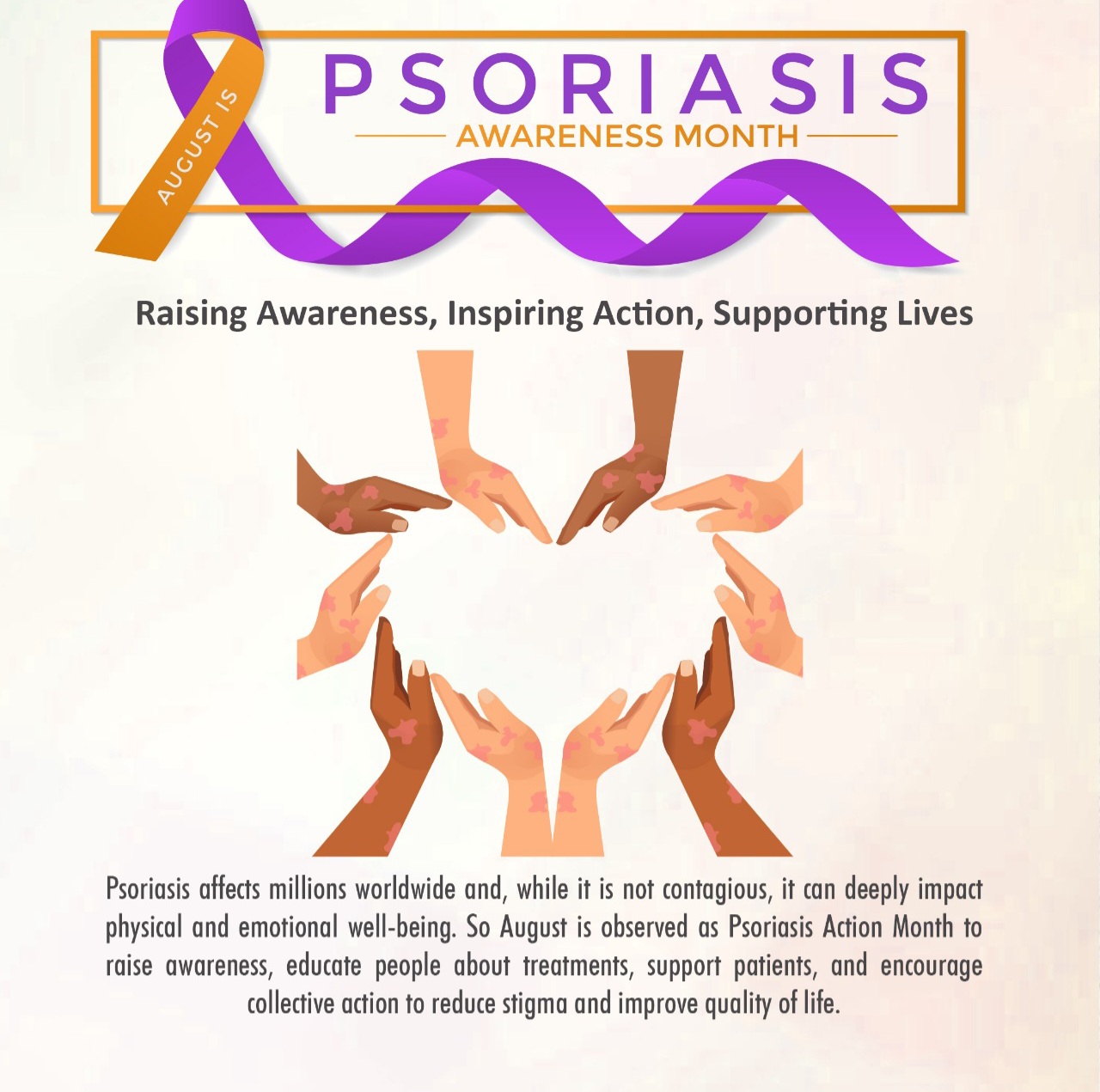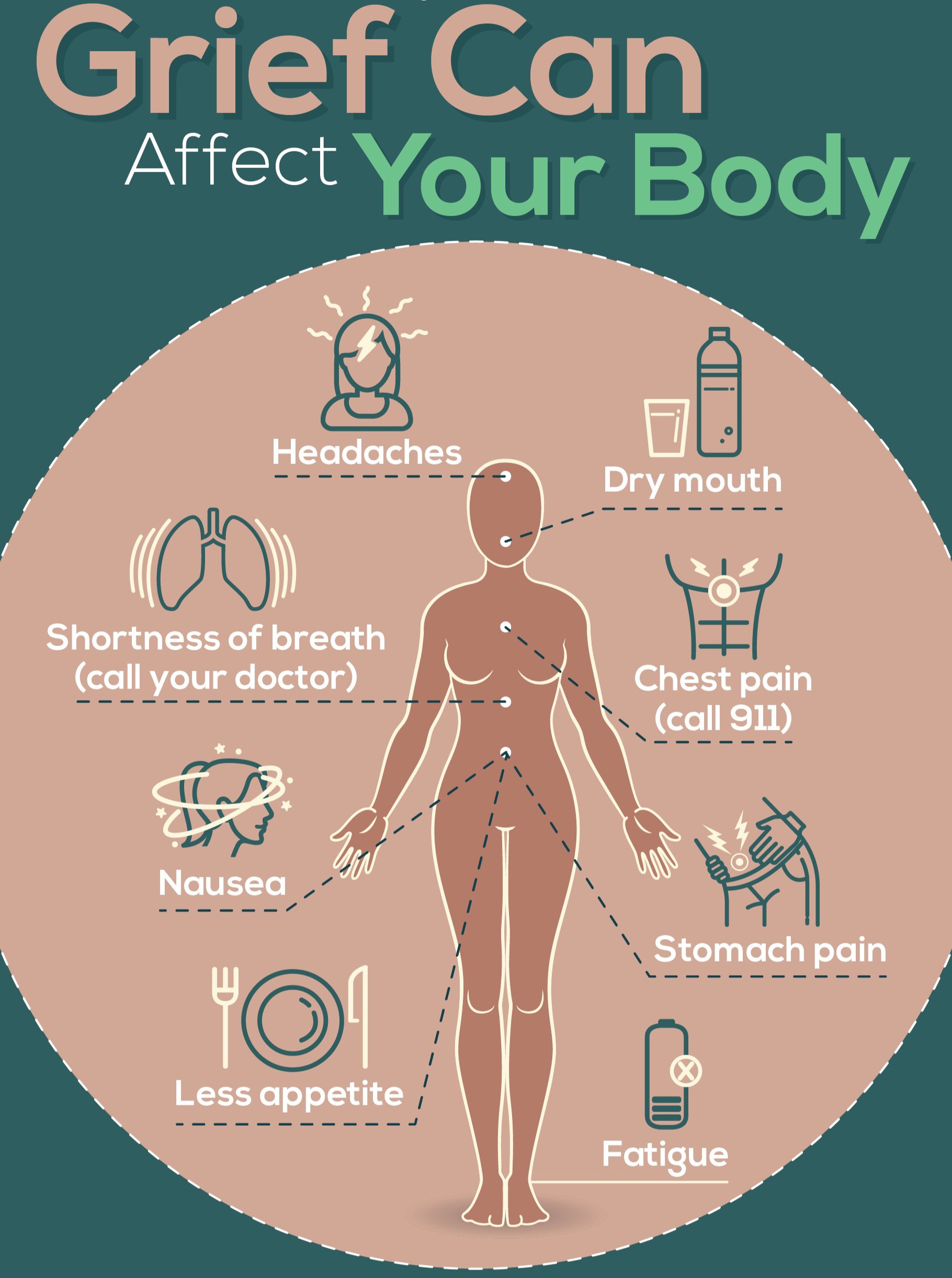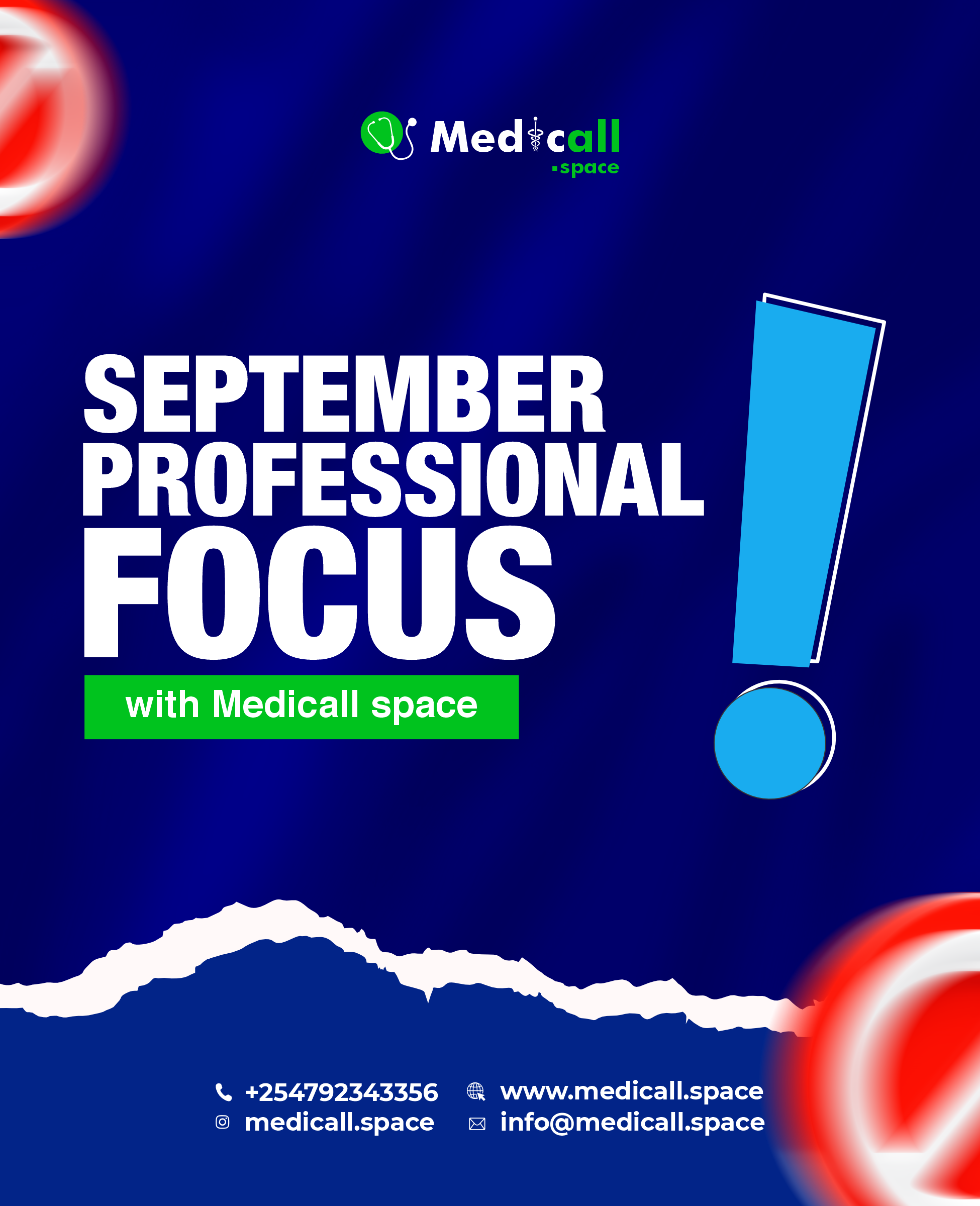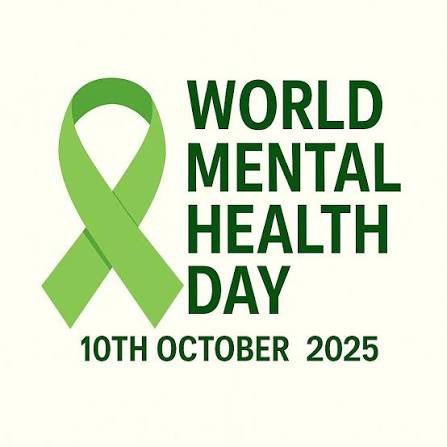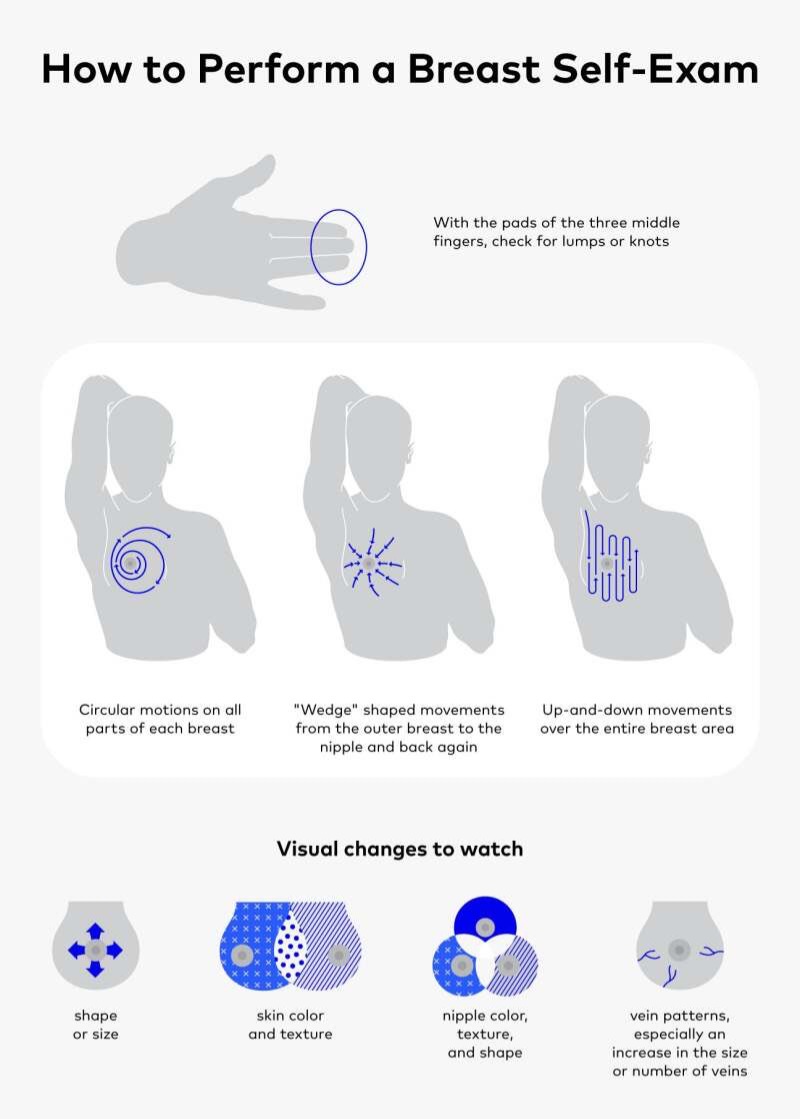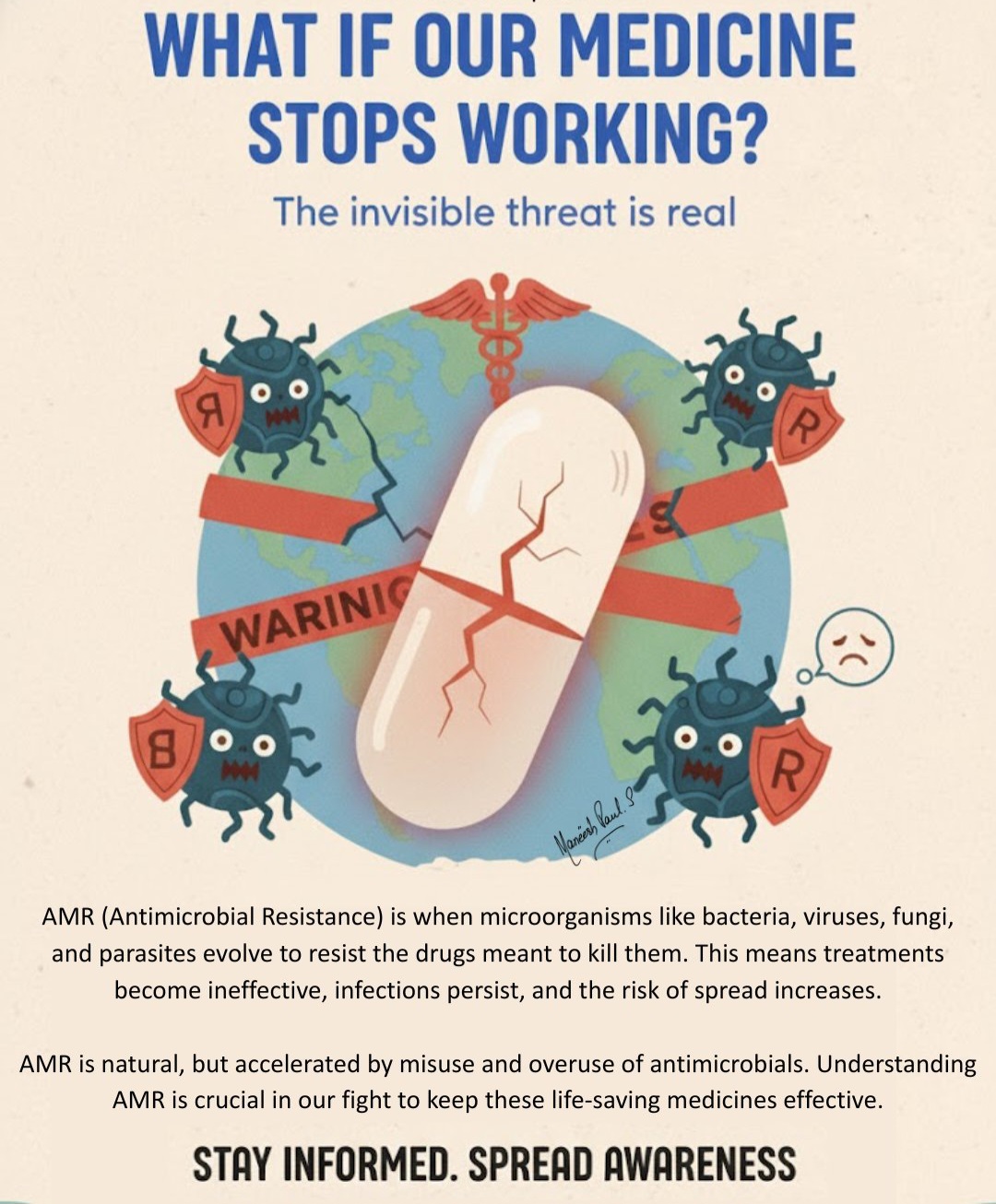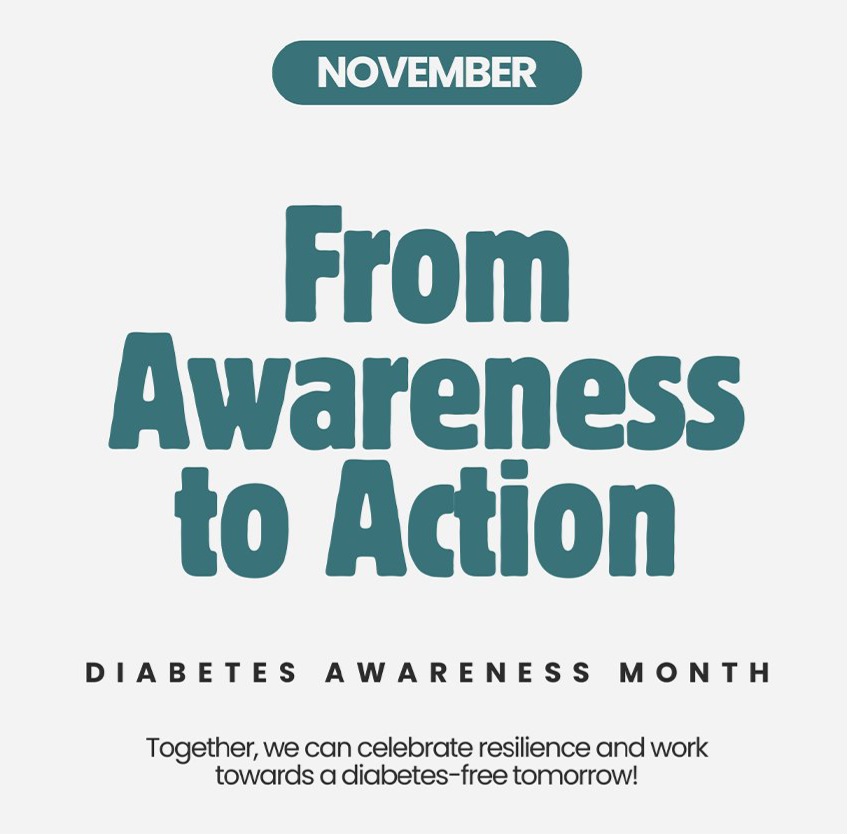Asthma Triggers
One way to manage asthma is by identifying and avoiding triggers that can cause an asthma episode or worsen symptoms.
Common Asthma Triggers
1.Allergens
Allergens that trigger asthma include; pollen from grass and trees especially during flowering seasons.
Dust mites found in household dust can trigger asthma.
Pet dander: These are in the skin, urine, and saliva of pets and can trigger asthma.
Mold spores in the air can worsen asthma symptoms.
Cockroach droppings: Exposure to cockroach allergens can trigger asthma.
Food allergies may also trigger asthma. However, always consult first with your doctor or nurse if you happen to get asthma attacks when you eat certain foods.
The most common foods associated with allergic symptoms are:Eggs, dairy products, peanuts, Soy, Wheat, Fish, and food that contain sulfite.
2. Air Irritants:
Tobacco smoke: Both active and passive smoke can irritate your airways hence trigger asthma.
Air pollution: Emissions from cars, factories, and other sources can cause an asthma attack.
Strong odors: Perfumes, cleaning detergents and other strong scents can trigger symptoms.
3.Weather Conditions:
Cold air: Breathing in cold air can make your airways narrow.
High humidity: Humid air can make breathing more difficult for some people with asthma.
4.Exercise:
Physical activity: Exercise-induced asthma is common, especially without proper warm-up and cool-down routines.
5.Infections
Respiratory infections such as colds and flu can trigger asthma symptoms.
6.Emotional Stress:
Anxiety and stress can lead to hyperventilation and trigger asthma symptoms.
Tips for avoiding Asthma Triggers
1.Reducing Allergen Exposure through:
Keep windows closed during high pollen seasons.
Wash bedding thoroughly often kill dust mites and clean areas prone to mold growth.
Always consult on the type of mattresses and beddings to avoid ones made from potential allergenic materials.
Keep pets out of sleeping areas and bathe them regularly.
Avoid/minimize intake of foods that commonly cause allergies if you notice a pattern of asthma attacks after eating certain foods. You should report such concerns to your doctor or nurse
2.Minimize Air Irritants through:
Don't smoke and avoid exposure to passive smoke.
Choose unscented cleaning products and personal care items and avoid using strong-smelling perfumes.
3.Manage Weather-Related Triggers:
Wear a scarf or mask over your nose and mouth in cold weather.
Use a dehumidifier to maintain comfortable humidity levels at home.
4. Exercise Safe through:
Warm up before exercising and cool down afterward.
Choose activities that are less likely to trigger symptoms, such as swimming.
Use pre-exercise medications if prescribed by your doctor.
5.Prevent Respiratory Infections
Wash your hands regularly to prevent the spread of germs, vaccinate against flu and pneumonia and avoid close contact with people who are sick.
6.Manage Stress
Relaxation such as yoga and social support helps manage stress hence aid in preventing stress induced asthma episode









































































































